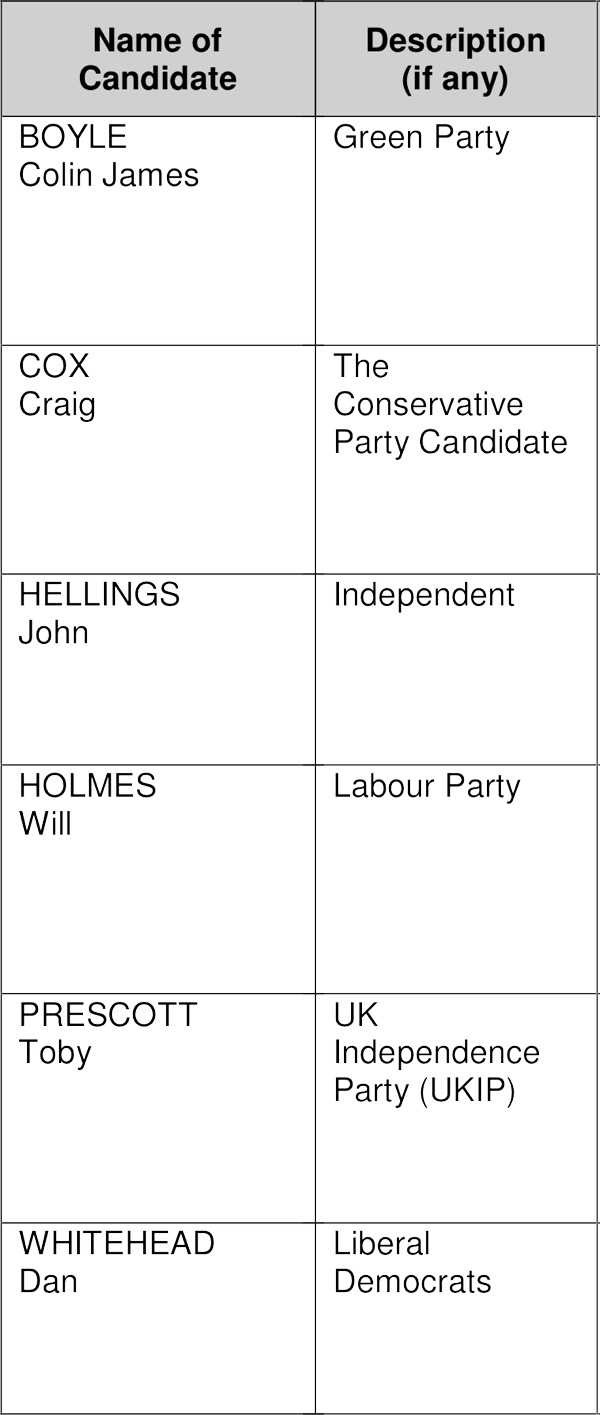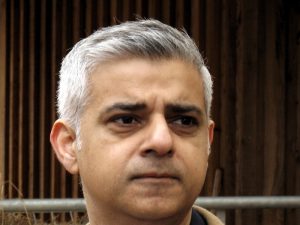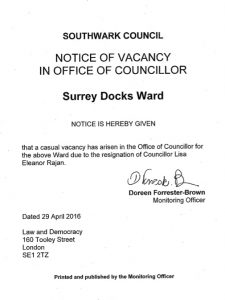A report on last month’s Ada Salter Day events by Graham Taylor:
The Ada Salter Day was a great success – from Friday evening to Saturday evening we’ve calculated there were about 400 people in attendance to celebrate Ada’s 150th birthday .
1) On Friday evening there was a performance of Red Flag over Bermondsey by the Quaker actress and playwright, Lynn Morris;
2) On Saturday morning an exhibition of 71 photos and documents relating to Ada’s life was opened by the Mayors of Southwark and Raunds, with representatives of several Quaker Meetings in attendance, along with a delegation from Raunds, Northamptonshire, Ada’s home town;
3) There was then a tour for guests led by the Rotherhithe and Bermondsey History Society of the Ada Salter Garden and the Ada Salter cottages;
4) At 2 pm came the flower-laying ceremony at Ada’s statue on the riverside near Cherry Garden Pier. About 100 people attended this part of the day. Speakers were Lorna Greene of GMB Sisters (trade unionists); Peter Tatchell (talking about Ada and human rights); Juliet Prager (Quakers in Britain, explaining the Quaker values Ada had); and Peter John (Leader of Southwark Council). Flowers were laid by the Quaker Socialists, by the Raunds Historical Society, by the Raunds Labour Party, and by the Mayors of Rands and Southwark. Sheila Hancock arrived for the ceremony but did not speak. The Quaker actresses, Sheila Hancock and Judi Dench, had been great supporters of the campaign to erect a statue to Ada in 2012-14;
5) At 3 pm there was a second performance of Lynn Morris’s play, again attended by about 80 people and once again receiving a standing ovation. This time there was also a Q & A session at the end, led by David Morris and Graham Taylor;
6) Finally, in St Peter’s church (Catholic) there was a beautiful homage to Ada by the Bermondsey and Rotherhithe Choral Society. Devised by Sue Heath-Downey, this concert presented Ada’s favourite music (she was a singer), starting with American Spirituals. Ada used to play them on the piano at Peckham Meeting after the Sunday silence and “bring the house down”. These particular versions were set by Michael Tippett, who had a connection with Ada. The finale was the rousing anthem, Zadok the Priest, by Handel, Ada’s favourite composer.







 Members of the London Assembly have tabled questions to the new Labour mayor Sadiq Khan about his plans for transport in the Rotherhithe area.
Members of the London Assembly have tabled questions to the new Labour mayor Sadiq Khan about his plans for transport in the Rotherhithe area. Residents in Surrey Docks Ward will be asked to elect a new councillor at a by-election on Thursday 9 June.
Residents in Surrey Docks Ward will be asked to elect a new councillor at a by-election on Thursday 9 June.